Influence of Sufism in the Alchemist
Paulo Coelho, one of the most popular Brazilian writers of recent times, is best known for his practice of writing about life lessons in the light of spiritual and mystical realms. His writings are usually optimistic and full of references to miracles and positive endings. Most of them are from his own experiences, which are highly quoted in his autobiographical novels. They are primarily in touch with Sufism in Islam, especially in his famous books The Alchemist, Zahir, Hippie, etc.…
BACKGROUND
The Alchemist (O Alquimista)[1] is a novel by Paulo Coelho that was first published in 1988. Originally written in Portuguese, it became a widely translated international bestseller. An allegorical novel, the book follows a young Andalusian shepherd named Santiago on his journey to the pyramids of Egypt. Believing a recurring dream to be prophetic, he asks a Romani fortune teller about its meaning. The woman interprets the dream as a prediction telling the boy that he will discover a treasure at the Egyptian pyramids.
Early in his journey, he meets an old king named Melchizedek, or the king of Salem, who advises him to sell his sheep to travel to Egypt and introduces the idea of a Personal Legend. At the start of his arrival to Africa, a man who claims to be able to take Santiago to the pyramids instead robs him of what money he had made from selling his sheep. He then boards on a long path of working for a crystal merchant to make enough money to fulfil his personal legend and go to the pyramids.
Along the way, the boy meets an Englishman who has come in search of an alchemist and continues his journeys in his new companion's company. When they reach an oasis, he meets and falls in love with an Arabian girl named Fatima, to whom he proposes marriage. However, she promises to do so only after he completes his long journey. Exasperated at first, he later learns that true love will not stop, nor must one sacrifice one's personal destiny for that.
Santiago then encounters a wise alchemist who teaches him to realize his true self. Together, they journey through the territory of warring tribes, where the boy is forced to demonstrate his oneness with "the soul of the world" by turning himself into a simoom before he is allowed to proceed. When he starts digging within sight of the pyramids, he is robbed yet again but accidentally learns from the leader of the thieves that the treasure he sought all along was in the ruined church where he had his original dream.
Paulo wrote The Alchemist in only two weeks in 1987. He described that he could write at this pace because the story was "already written in his soul". The book's central theme is finding one's destiny, although according to The New York Times, The Alchemist is 'more self-help than literature'. Santiago's advice that "when you really want something to happen, the whole universe will conspire so that your wish comes true" is the core of the novel's philosophy and a theme that plays throughout it.
SUFISM IN THE ALCHEMIST
The Historical Context of The Alchemist is the presence of Islam and Islamic events. Although not believed by many, Islam heavily influenced how Coelho wrote this novel. Arabic traditions also appear in this story. For example, as the setting is largely set in Northern Africa, mostly Arabic Muslims, there is a reference to special water pipes known as "Hookahs" [2].
Another Islamic aspect in the novel is the reference to drinking alcohol. As most people know, drinking alcohol in the Islamic religion is the worst sin one can commit. Santiago learns this when the crystal merchant tells him it is forbidden in his land.
We know that Sufism has influenced Paulo Coelho, as he says about it in Hippie, and we can also see it in The Alchemist throughout the novel. In The Alchemist, Santiago meets the crystal merchant and is advised to clean the glasses. After that, many customers rushed to that shop by its attraction. This is what we see in Sufism Thakhliya[3] and Thahliya[4].
The whole story tells about alchemy, making gold from sand. In Sufism, it is about transforming humans as he is sand to the utmost level of humanity as precious as gold.
"But before they left, he came back to the boy and said, "You're not going to die. You'll learn that a man shouldn't be so stupid. Two years ago, right here on this spot, I had a recurrent dream, too. I dreamed that I should travel to the fields of Spain and look for a ruined church where shepherds and their sheep slept. In my dream, there was a sycamore growing out of the ruins of the sacristy, and I was told that, if I dug at the roots of the sycamore, I would find a hidden treasure. But I'm not so stupid as to cross an entire desert just because of a recurrent dream." [5]
Santiago follows his dream and eventually suffers all the journey's hardships and reaches back where he started. When it is read in Sufism, we can see the journey is to find himself. The pleasure, the happiness, the calmness and all the luxuries of life we seek consist in ours, and there is no need to seek others. Another aspect of the journey is death, which makes everyone reach their base, the tomb or mud where he has started his life journey. And this is another version of fana[6] in Islam.
"Well, why don't you go to Mecca now?" asked the boy.
"Because it's the thought of Mecca that keeps me alive. That's what helps me face these days that are at the same, these mute crystals on the shelves, and lunch and dinner at that same horrible cafe. I'm afraid that if my dream is realized, I'll have no reason to go on living." [7]
This says about raja' [8], which a slave expects from his owner, God. Life is not what you want to do but what you expect to do. So the crystal merchant finds pleasure in looking into pilgrims' eyes where the purity of sincerity is shining.
"Every day was there to be live or to mark one's departure from this world. Everything depended on one word, 'Maktub'." [9]
There are many mentions of Maktub[10] in The Alchemist because Paulo Coelho strongly believes in it, which is the essential thing in Sufism to believe that whatever happens in someone's life is only by the destiny of Allah the Almighty. Therefore, there is no secondary option to think about it but to take refugee under His destiny, Maktub.
"The boy smiled. It was the first time she had done that.
"I'm coming, Fatima," he said." [11]
Fatima, the lover of Santiago, resembles Laila, the lover of Khais and Sain, the lover of Mamu. Because they are the symbols of Sufism that a person who loves another one and in fact, it is real love to Allah the Almighty, the names are only symbols to indicate it. In such stories, any person couldn't get his lover. It is real love to Allah in which lover can't get it, but it overflows; nobody can fulfil it.
Here, Santiago couldn't get Fatima, but she promises she can marry him after completing the journey. In Sufism, the journey is our material life; when we complete it, we can reach the spiritual world and ultimately get Allah, whom we love.
CONCLUSION
Many audiences like reading works that indulge in mysticism, as some writers select Sufism in Islam and its stories from the aspects of spirituality to attract the readers.
Paulo Coelho, who has written many works, depicts spirituality with good stories, ideas and narration inspired by Islamic texts, especially in The Alchemist; Islam influences Coelho as many Sufi thoughts are widely used in his works.
[1] Portuguese name of The Alchemist.
[2] Hookah is an Arabic tradition, in which flavoured tobacco is smoked through a water pipe.
[3] An Arabic term which means to clean minds from negative thoughts.
[4] An Arabic term which means to decorate minds by positive thoughts.
[5] Extracted from The Alchemist (page 155).
[6] A term in Sufism which means to absorb in Allah by utmost love.
[7] Ibd page 52
[8] An Arabic term which means expectation.
[9] Ibd page 103
[10] An Arabic term which means destiny.
[11] Ibd page 161
ABOUT AUTHOR
(Lecturer, Sidheeq Moula Arabic College, Lakshadweep
JOIN OUR WHATSAPP GROUP:
https://chat.whatsapp.com/Iq0VfTG3zukEnHbfYuJKxC
Disclaimer
The views expressed in this article are the author’s own and do not necessarily mirror Islamonweb’s editorial stance.

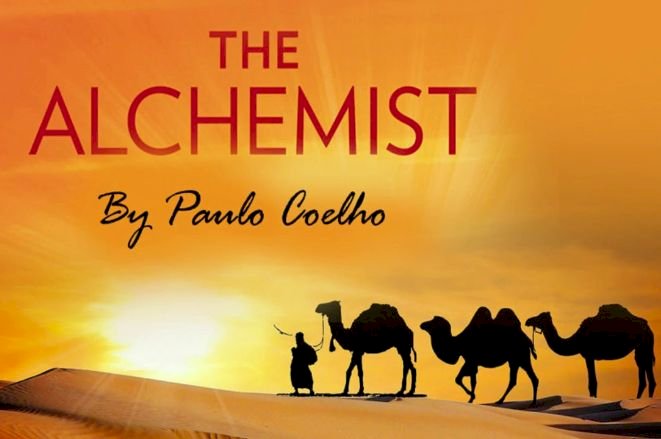



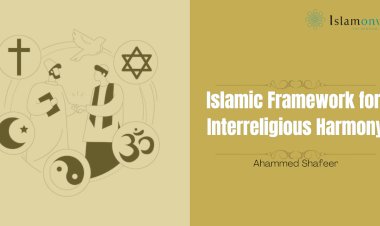
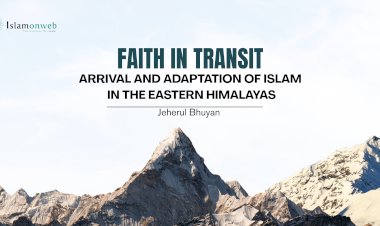
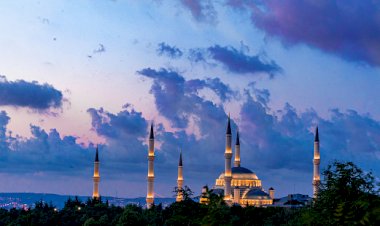

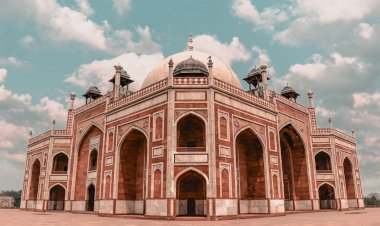
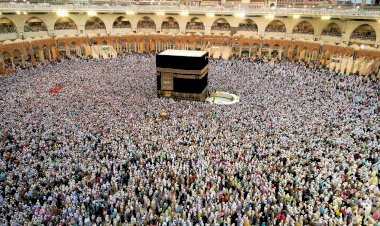














Leave A Comment